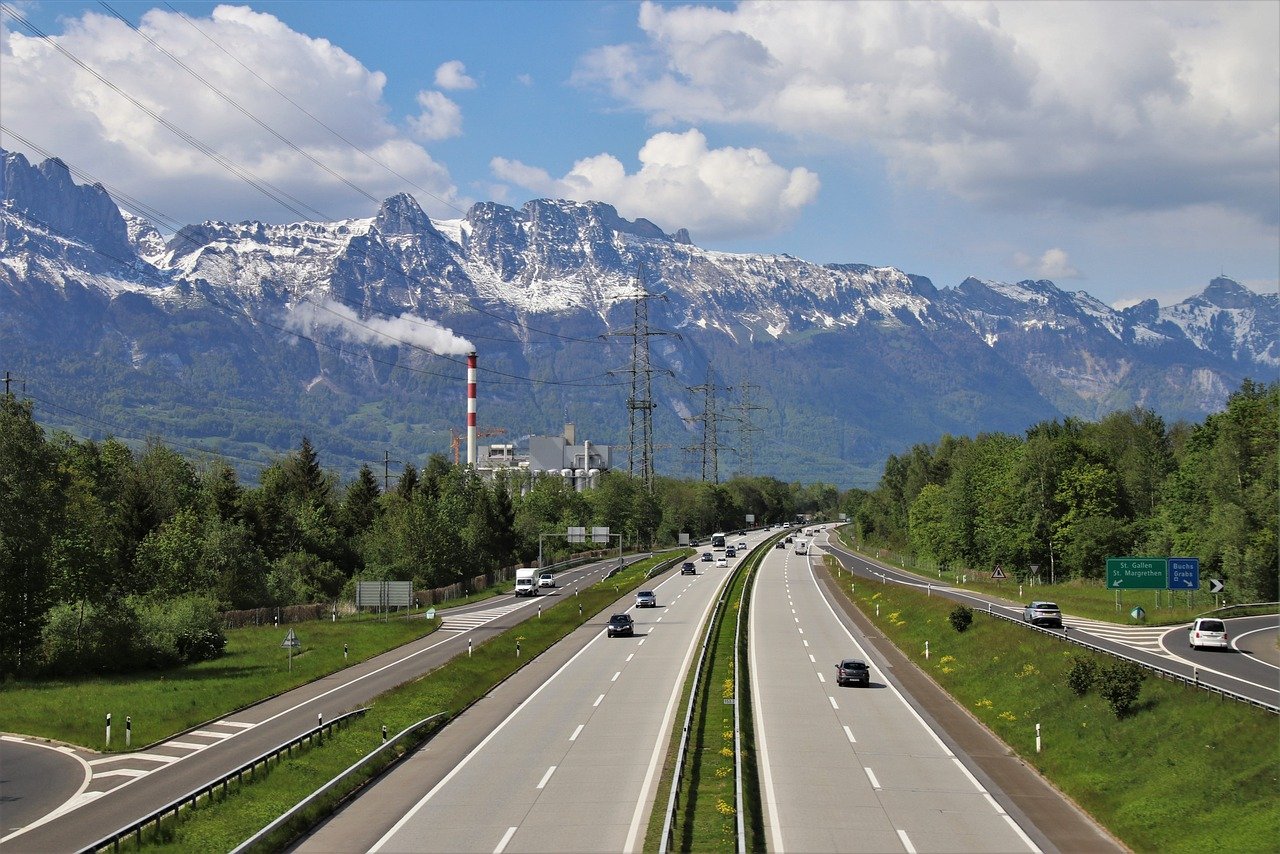Start of the new school year
Children will be returning to the classroom after the summer holidays in Germany. Schools in each state take their holidays at a different time. The first to return are the youngsters in Mecklenburg-Western Pomerania and Schleswig-Holstein, starting August 2nd. There has been lots of debate about possible restrictions on schools when they open again after summer. German states are determined for children to get back in the classroom full time – but there are fears that the Delta variant will make this difficult and cause a spike in Covid cases among children.
READ ALSO: ‘Nobody can rule out enormous fourth wave’: Schools fear Covid spike
Possible train strikes
The news no one wants to hear – anyone taking the train to work or planning a trip in August should find out beforehand whether their train will actually be running, because there could be strikes on the railway network. Claus Weselsky, head of the German Train Drivers’ Union (GDL), announced at the end of June that industrial action could happen after August 9th.
Union members are voting on whether to go on strike. The dispute with Deutsche Bahn is over wages and working conditions. The union is demanding 3.2 percent pay rise and a one-time pandemic bonus of €600.
If there are disruptions that lead to more than 60-minute long delays, including as a result of a strike, rail passengers can get part of their fare back. People can do this using a form available at DB travel centres. However, since June 1st, the refund can also be applied for online.

Identity cards need fingerprints
Fingerprints on new ID cards in the EU will be mandatory in future. The aim is to provide better protection for ID cards and their holders against forgery by criminals. Anyone applying for an ID card must provide two fingerprints, which will be electronically scanned and stored in the chip of the ID card. The EU regulation comes into force in Germany on August 2nd, 2021. Existing documents remain valid until their expiration date, even without fingerprints.
However, not everyone is in favour of the new measure: critics describe the procedure as a huge encroachment by the state on the civil liberties of the population. They are advising people in Germany to apply for a new ID card before August 2nd, which would then be valid for 10 years. The association Digitalcourage e.V. also wants to take legal action against the fingerprint requirement.
Children’s leisure bonus (Kinderfreizeitbonus) for struggling families
Germany is set to give some extra support to low-income families in August. The government is handing out a one-time bonus of €100 per child to families who receive state benefits. This applies, for instance, to families who receive Hartz IV, housing benefit, benefits under the Asylum Seekers’ Benefits Act or the child supplement for families with low incomes. The children’s leisure bonus is intended to provide financial support for youngsters to enjoy leisure activities that they may not be able to afford.
The bonus is part of the “corona catch-up program” with which the federal and state governments want to mitigate the long-term consequences of the long restrictions on education and leisure activities for children and young people.
Political talk shows return
As the election campaign heats up, the political talk shows are coming back from their summer break. Sandra Maischberger returns on August 4th, Frank Plasberg (hart aber fair) on August 23rd, Maybrit Illner on August 26th and Anne Will on August 29th. For Markus Lanz on ZDF, the summer break is very short this time: his break begins on August 5, and he’ll be back on August 24th. Get ready to test your German skills and enjoy some heated political debate ahead of the September 26th election.
EXPLAINED: Who can vote in German elections

Absentee ballots printed
Speaking of the Bundestagswahl or federal election, people who don’t want to vote in-person on September 26th can apply for absentee ballots and vote from home beforehand. The application for an absentee ballot can be submitted now to the local responsible authority. Ballots will be issued to people in early August.
More time for tax returns
Tax returns had to be submitted by August 2nd 2021 this year – but are now not due until the end of October 2021. Those who have their tax returns filled out by a tax advisor or an income tax assistance association have until the end of May 2022. The reason for this automatic deadline extension is due to the pandemic.
READ ALSO: EXPLAINED: The rules and deadlines for filing German taxes in 2021
Copyright rules
New rules will apply to online platforms from August 1st when dealing with copyrighted works. A key point is that platform operators can be held liable if users upload copyrighted works such as images, texts or videos without permission. Platforms can take precautions via licensing agreements and at the same time may have to block content in some cases. Uploading small excerpts remains permitted. Germany is implementing an EU directive from 2019 that has been the subject of fierce dispute.
Glyphosate partially banned
Here’s one for the gardeners – private users will soon no longer be allowed to use the controversial weedkiller glyphosate in their gardens. The active ingredient can also no longer be used on playgrounds and sports fields or in parks. According to the government, products with a valid approval are exempt. This change is to come into force in the next few weeks. The weedkillerwill be permitted on some lands in exceptional cases.
A national ban is not possible under European law, because glyphosate is still approved throughout the EU until the end of 2022, and plant protection products containing glyphosate with a transitional period are accordingly still approved throughout the EU until December 31st, 2023. The weed killer is said to wipe out insect populations crucial for ecosystems and pollination of food crops.
READ ALSO: ‘What harms insects harms people’: Germany to ban cancer-linked pesticide
Fans of Tatort, the wait is over
On August 29th, German public broadcaster Erste will air the first new Tatort (crime scene) show after the summer break – starting with a case of the Frankfurt investigators: “Wer zögert ist tot” (“Whoever hesitates is dead”). Tatort is one of Germany’s most popular and longest running crime dramas. It turned 50 last year. We’ll be tuning in…




 Please whitelist us to continue reading.
Please whitelist us to continue reading.
Hey,
Thanks for the news update, I like these article pieces
Thanks for the feedback, Peter and glad it was helpful!